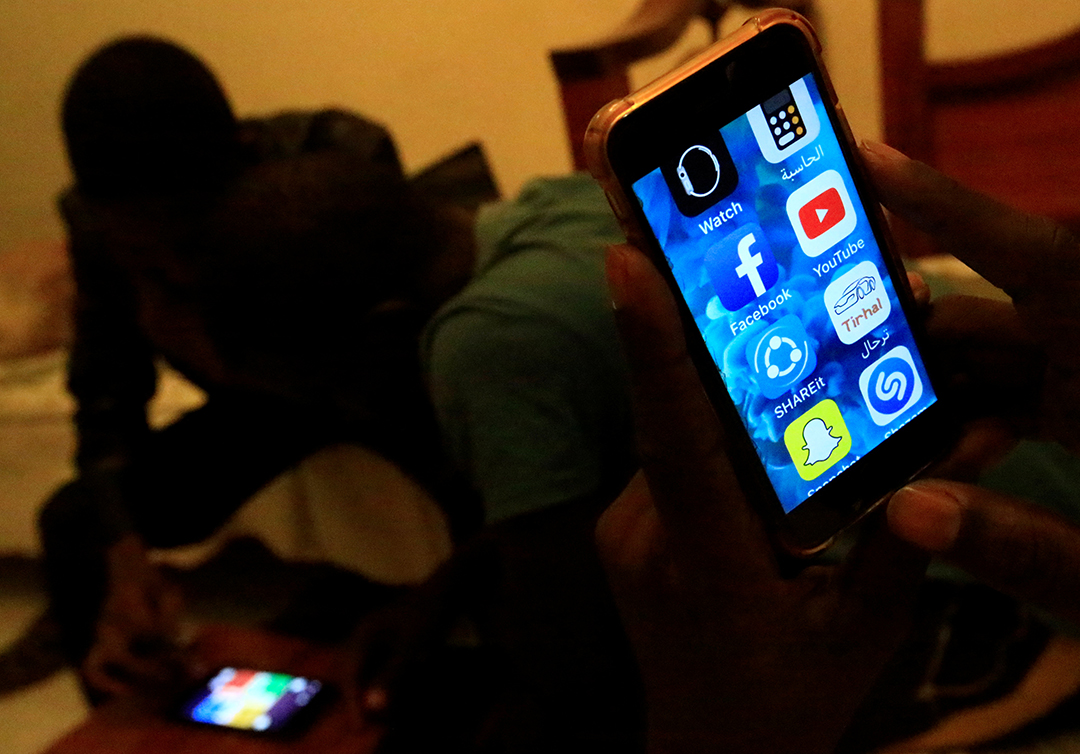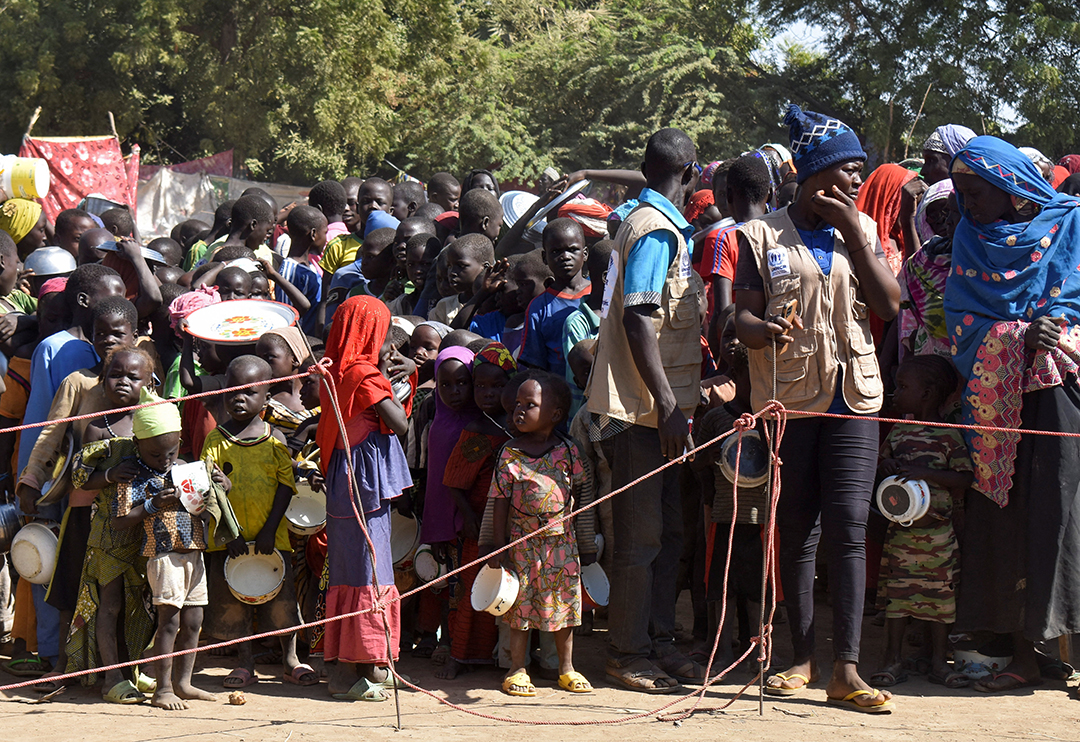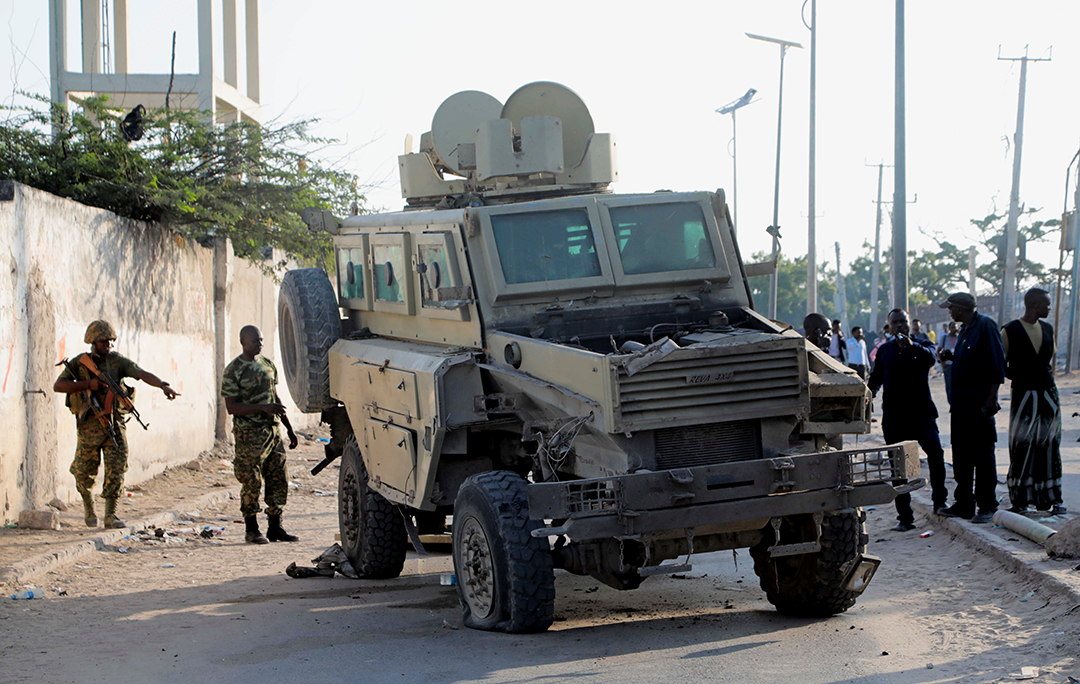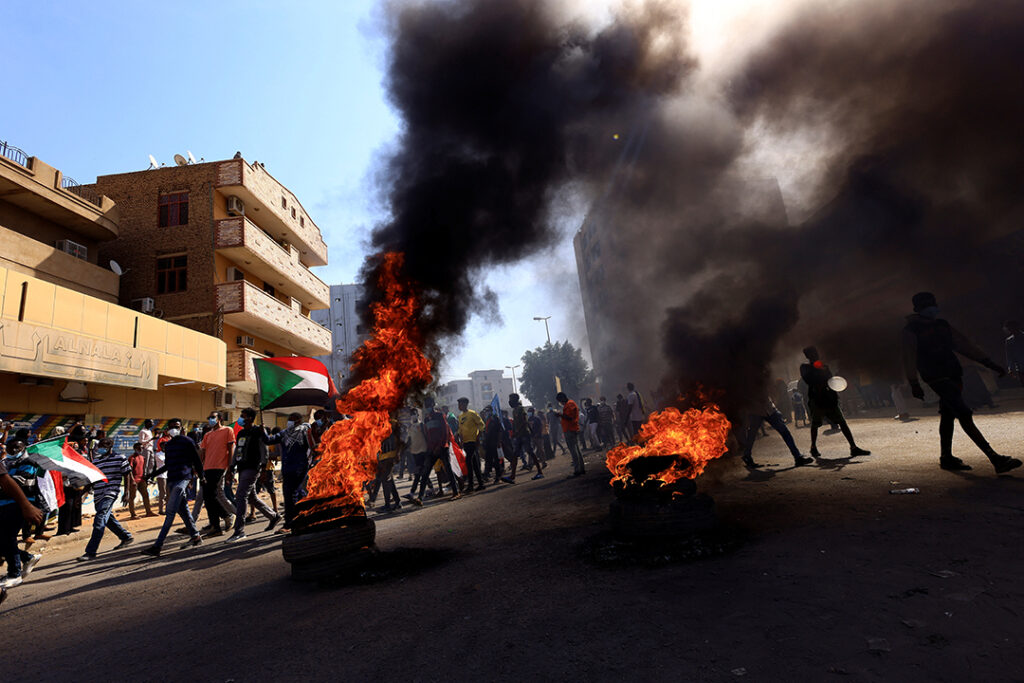ADF STAFF
As the new year arrives, security experts are closely watching certain conflict hot spots and tracking long-term trends that threaten to boil over. Recurring issues in Africa include demands for free and fair elections, debate over how to regulate online speech, ensuring equitable access to water and how to end peacekeeping missions. None of these issues will go away or be resolved in the next year, but preparation and early action can help avoid crises.
Democratic Transitions
Elections are times of heightened tension, and political passion can spill over into street protests or even violence. In 2022, Africa will see several major elections.
In Angola, incumbent President João Lourenço will face his second nationwide election since the departure of longtime leader Jose Eduardo dos Santos in 2017. Lourenço has promised greater openness and a crackdown on corruption during his presidency, but his administration has been hindered by an economy slowed by COVID-19.
In Kenya, President Uhuru Kenyatta will seek a third term in August elections. There, voter registration has been low, particularly among young people who voiced anger about unemployment and lack of representation, according to a DW report.
Tunisia plans to hold a constitutional referendum in July followed by elections at the end of the year.
In other places, such as Guinea, Mali and Sudan, things are even less certain. In all three countries, coups have overthrown heads of state. Military leaders in these countries promise a return to democracy, but election dates are not set and the prospects for instability remain high.
Observers see the gap between democratic expectations and reality as a potential security challenge in many African countries.
“Though large majorities in most countries say they want more democracy, around half of sub-Saharan Africans are dissatisfied with the democracy they have, up from about a quarter two decades ago,” wrote John McDermott of The Economist. “Africans are frustrated by the gap between democracy’s promise and its reality.”

Tech as a Weapon
Groups continue to find creative ways to use cyber technology to cause instability. State-sponsored trolls, extremist groups and small-time cybercriminals all caused disruptions in 2021, and the trend appears poised to continue in 2022.
In the Central African Republic, Mali and Sudan, Russian-backed trolls have led to unrest and fomented anger at United Nations peacekeepers and elected officials. In countries such as Ethiopia and Nigeria, social media has been used to stoke ethnic hatred and violence.
Online scams related to COVID-19 also proliferated in 2021 with criminals selling fake cures to desperate people.
State regulators and social media giants have struggled with how to police online speech. In some cases, states have shut off internet and mobile phone access. In other countries, governments have banned specific apps.
Experts say blanket bans are ineffective and that countries need to work with social media companies to implement common-sense regulations.
“Shutting down the internet in response to extremism does more harm than good by disrupting economics and daily life of citizens,” said Karen Allen, senior consultant for the Institute for Security Studies during a recent webinar held by the Africa Center for Strategic Studies.

Conflict Over Water
In December 2021, a fight between fishermen and herders in Kousséri, Cameroon, near the border with Chad, left 22 dead and displaced more than 100,000. The violence was over water rights; a shrinking Lake Chad has led to clashes between groups that rely on the water for their livelihood. The U.N. warned that the dispute was poised to explode unless the access problem is resolved.
Some of the most difficult conflicts on the continent emerge from disputes over access to limited natural resources. This expands to the state level, most notably in the dispute involving Egypt, Ethiopia and Sudan over freshwater as a result of the Grand Ethiopian Renaissance Dam. These small- and large-scale disputes over limited water resources promise to continue in 2022.
“Freshwater is increasingly in short supply, with nearly two-thirds of the global population living in water-stressed conditions,” wrote Brahma Chellaney, author of the book, “Water, Peace and War.”
What can be done to prevent the disputes from escalating into all-out wars? One tool put forward by the group Water, Peace and Security is an early warning monitor that tracks information on rainfall; crop yields; and political, economic and social factors. Its creators say it can predict water-related conflicts up to a year in advance, which allows for mediation and government intervention.
“Once conflicts escalate, they are hard to resolve and can have a negative impact on water security, creating vicious cycles of conflict,” said Susanne Schmeier, senior lecturer in water law and diplomacy at IHE Delft, in an article by The Guardian. “This is why timely action is critical.”

Peacekeeping in Flux
Peacekeeping missions across the continent face mandated deadlines or major changes in 2022.
The African Union Mission in Somalia’s (AMISOM) mandate from the U.N. Security Council is set to expire at the end of 2021. It is not clear what will happen to the mission, which is composed of approximately 20,000 troops and 1,000 police officers from African countries. Options include extending the AMISOM mandate, replacing it with an AU-U.N. hybrid mission, replacing it with the Eastern African Standby Force or simply handing over security responsibilities to Somali forces.
Observers say that whatever happens, stakeholders must avoid a sudden shock to a country that remains volatile. “AMISOM’s continuation in some form is the only immediately viable means to avert a deterioration of the security situation in Somalia,” wrote Omar Mahmood, the International Crisis Group’s senior analyst for Somalia, in an article for The East African. “AMISOM cannot remain in the country forever, but its continued presence would at least buy the Somali government more time to carry out domestic reforms and make Somalia’s federal project work.”
Similar uncertainty exists in Mozambique, where an intervention in 2021 by the Southern African Development Community and Rwanda has helped stabilize the country. But there is no timetable for a handover to Mozambican forces. At the same time, the U.N. faces newer challenges, including playing a leading role in negotiating peace in Ethiopia and maintaining a cease-fire in Libya.
2022 promises to be a year of many changes to peacekeeping missions and possibly the creation of new ones to preserve fragile peace.

